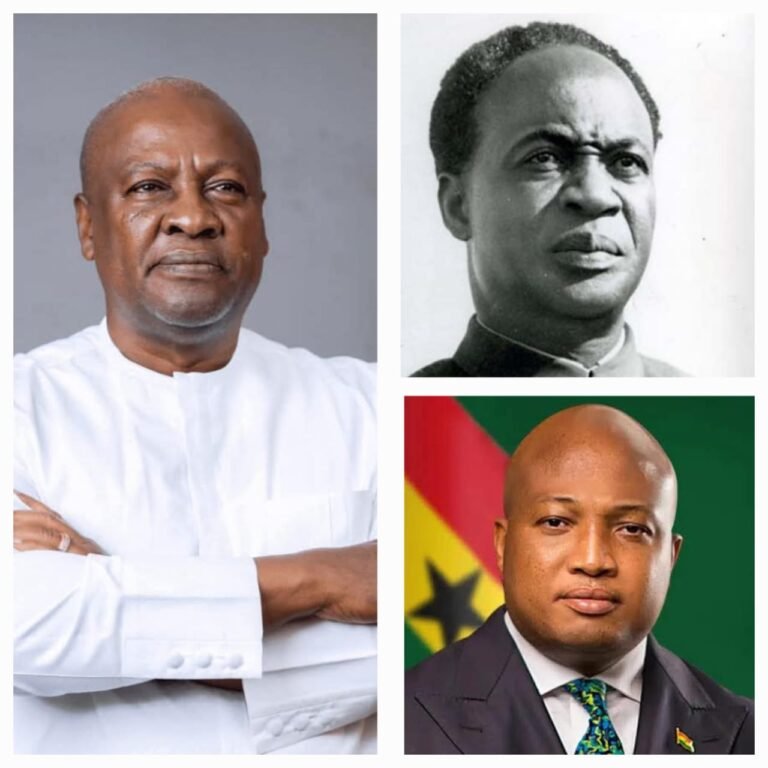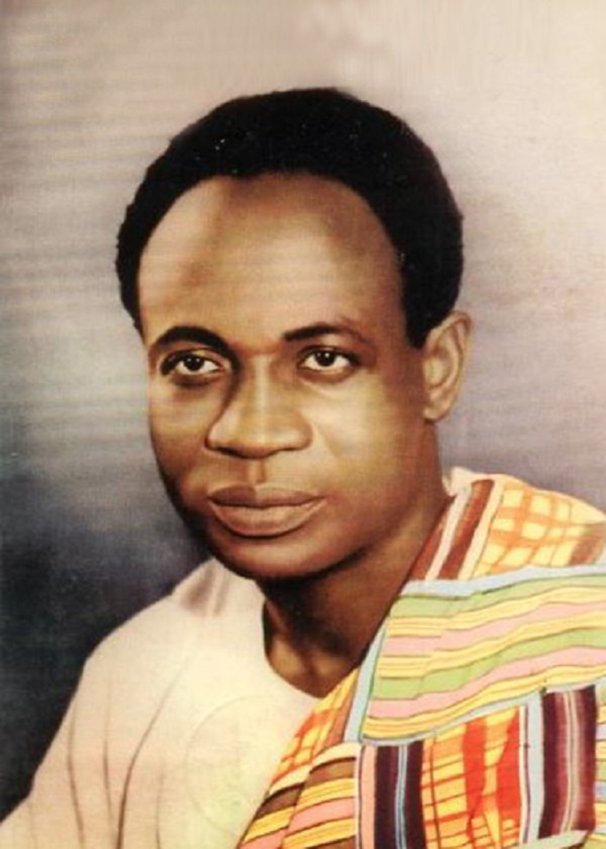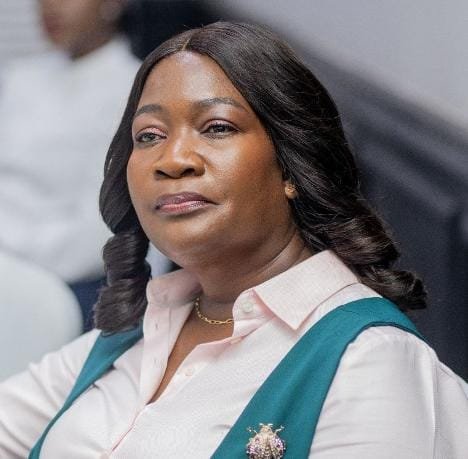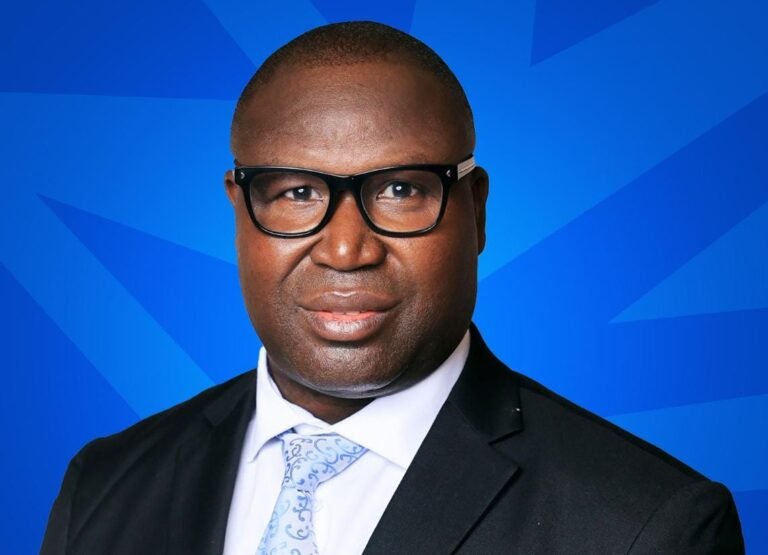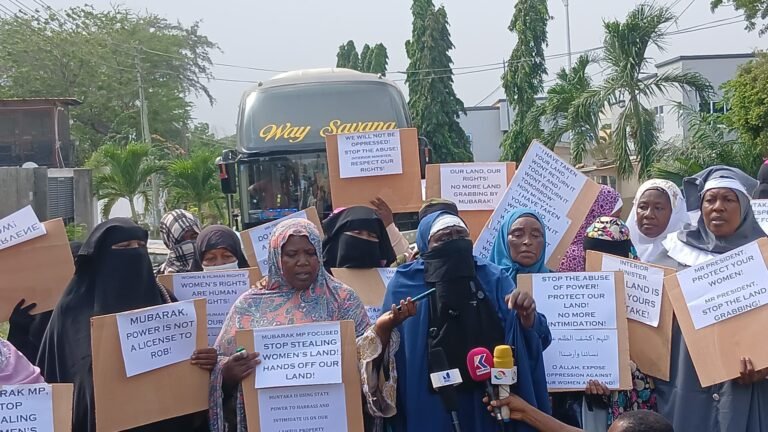
By Prince Adjei (Guy Gee)

Ghana and Nigeria seem to follow similar political history. The trend has been such that a particular political phenomenon that happens in Nigeria sooner or later replicates in Ghana and vice versa.
Examples include Ghana getting her independence in 1957 and three years later, Nigeria getting hers. Unfortunate events like Nigeria witnessing a first coup d’état in January 15, 1966 and Ghana suffering similar fate the following month same year.
Again, sitting President dying in office and Vice President taking over as President in 2010 in Nigeria and exactly two years later a sitting president dying in office with his Vice becoming the President in 2012 in Ghana.
The instances are many, but time and space will not allow all to be listed here. We analyse the chances of which aspirant within the governing NPP falls within the dynamics that characterised contemporary politics in Nigeria.
Events
When one juxtaposes the events and the dynamics that played out before a candidate was selected for the ruling All Progressive Congress(APC) in Nigeria with what is happening in the governing New Patriotic Party(NPP) in Ghana.
For example, one aspirant who appears to be suffering a similar fate to what we just witnessed in Nigeria is Kennedy Ohene Agyapong, the Member of Parliament (MP) for Assin Central.
He has declared intentions to contest the presidential candidature of the NPP. It should be noted that, President Buhari opposed the choice of Tinubu as the presidential candidate of the ruling APC.
President Buhari wanted his Vice President Oluyemi Oluleke Osinbajo to succeed him. Intelligence information indicates that, Buhari did everything he could to ensure that Tinubu did not contest in the APC’s internal elections to select a flagbearer.
That notwithstanding, Bola Ahmed Tinubu defied all odds to contest and defeated Yemi Osinbajo who was President Mahamadu Buhar’s preferred choice.
This did not sit well with Buhari, so he initially refused to campaign for Tinubu in a run up to their 2023 general elections. It was until the last hour of the electioneering campaign, that Buhari decided to give his support to Tinubu, sensing that he could be shamed should the elected APC candidate win.
Doubters
Many doubted Buhari’s support and thought he would vote against Tinubu. That was why President Buhari showed his thumb printed ballot paper to the public after voting to prove to his party people in APC that, he voted for Tinubu after all.
Back home in Ghana, it is clear that many top guns within the establishment oppose the decision of Mr. Kennedy Agyapong to contest the flagbearership of the NPP.
Though the president has not made any public pronouncement on who he supports as presidential candidate for the party, it is clear the president would want the Vice President Dr. Mahamudu Bawumia to succeed him.
There are rumours that, President Akufo-Addo had wanted Kennedy Agyapong to back down his decision and throw his support behind Dr. Bawumia. This has not yet been confirmed though, but if it is true, it implies that the President is not happy with Kennedy Agyapong’s presence in the race.
Aside this, there are some other top most people within the establishment, who wish Mr. Agyapong could step down in favour of the Vice President.
All these dynamics are pointing to similarities in contemporary politics in Nigeria and Ghana and what Kennedy Agyapong is currently facing after declaring to contest the presidential slot.
This means that, there are some virtues the Assin Central MP has that if given attention and tapped into, could be an advantage for the NPP.
Unity
Bola Ahmed Tinubu won the Nigerian 2023 elections with valid votes of 8,794,726 while his main contender, Atiku Abubakar of the PDP polled 6,984,520 votes. Peter Obi from the Labour Party obtained 6,101533 of the valid votes.
Further analysis indicates that, the votes of both Atiku Abubakar and Peter Obi when put together total 13,086,053 which is more than the number of votes Tinubu obtained.
This means that, if both candidates had agreed to stay in one political party with one supporting the other, their party would have won the elections.
It should be noted that, Peter Obi, a former Governor of the Anambra state, was a member of the PDP but defected and joined the Labour Party due to misunderstanding that ensued and became their candidate.
It presupposes that, if Atiku Abubakar and Peter Obi had resolved whatever differences and worked together without defecting, the PDP would have won the 2023 Nigerian elections. The PDP lost due to disunity and apathy leading to splitting of votes, paving the way for Bola Tinubu to emerge winner.
Lessons
All efforts must be made to ensure that, there is a fair and even playing field before and during the presidential primaries.
Any attempt on the part of the National Executive Committee, National Council or government to publicly support one aspirant against the other, will create bickering and disunity.
Again, anything that will make an aspirant think of defecting to another party or forming a party to contest the 2024 elections alongside the NPP presidential candidate, should be discouraged.
Such a practice will lead to the Atiku and Obi scenario which will then split votes of the NPP in favour of the NDC and that will give chance to former President Mahama.
It is possible for the NPP to ‘break the 8’ year electoral cycle but the dynamics involved should be tapped well and appropriately.

